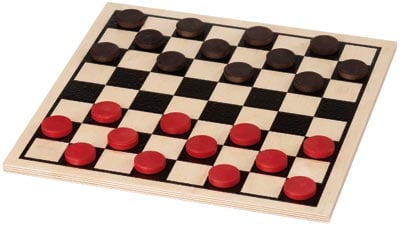Straight Out(side) of a Book
John Maxwell
Stephen Covey
Names we know and have read their work. Laws, principles, and behaviors I’ve been taught and have attempted to apply. There’s no shortage of concise definitions that describe how leadership should be demonstrated in my life.
 Leadership is…
Leadership is…
an art.
asking questions.
influence.
reading.
21 laws.
learned.
While there are certainly natural leaders, and a variety of ways to go about leading, there seems to be some truth in that how much I’ve learned about leadership is shown in the intentional decisions I make. Leadership is being proactive, casting a vision for beyond the horizon, and instilling value in others before they even see it themselves. That’s in an ideal world.
A world where problems are clearly defined, obstacles are anticipated, solutions are inevitable, people are rational, expectations are agreed upon, and time is available.
Then there’s life where problems are unnoticed, obstacles come out of nowhere, solutions aren’t guaranteed, people are people, expectations aren’t clear, and time is dwindling or gone.
This past ELP meeting in Atlanta, we participated in an activity intended to create pressure so we could be more aware of how we react in stressful situations.
After the evening, I decided to look back through my documented journey of every day from my first year of teaching. (It’s just shy of 50,000 words, so I’ll boil it down for our purposes.) The first few months were filled with entries capturing my surprise at everyday realities of inner-city schools. Failure rates. Attendance issues. Violent suspensions. Reading levels. Lunchroom riots. Deliberate disrespect.
 In the final months of the school year I noted multiple times where issues that would have previously flustered me, didn’t even affect me. Tornado alarms. Students throwing up. Smoke coming in under the door.
In the final months of the school year I noted multiple times where issues that would have previously flustered me, didn’t even affect me. Tornado alarms. Students throwing up. Smoke coming in under the door.
Throughout a year of failure and dependence on God, I changed. I’d done more than just learn the “teaching as leadership” model and apply a list of principles. How I reacted to stressful situations was different.
While how much you’ve learned about leadership is seen in the intentional decisions you make, how much you’ve changed as a leader is demonstrated in how you react to pressure. We can typically control and/or influence decisions, but gut reactions are the product of time and experience.
While articles, lessons, and principles have helped me learn who I want to be, experiences, pressures, and failures have made me into who I am and will continue to shape me. It’s the difference between knowing and applying.
What has caused you to be the leader you are?

